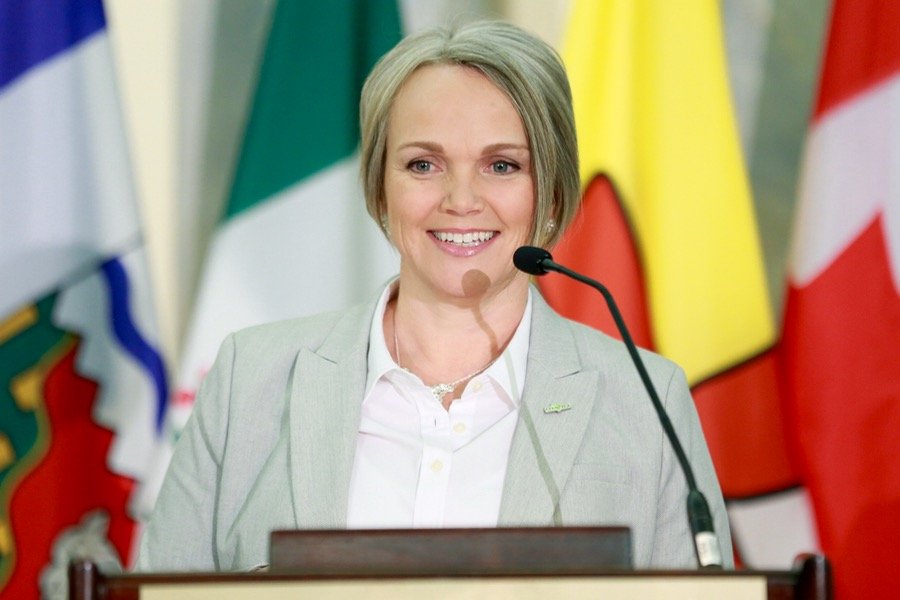The Canadian Federation of Agriculture wants the federal government to provide immediate stimulus to farmers through business risk management (BRM) programs as part of its ongoing response to COVID-19.
At a recent board meeting, the organization representing about 200,000 farmers across Canada passed motions calling for increased funding to the AgriInvest BRM program — and for Ottawa to contribute a minimum of five per cent of producers’ allowable net sales (ANS) to AgriInvest accounts without producer matching contributions.
CFA is also continuing its calls for changes to the AgriStability BRM program, asking for “immediate implementation of AgriStability coverage at 85 per cent and removal of the reference margin limit” until 2023.
Read Also

Federal budget draws mixed reaction from Canadian agriculture groups
The 2025 federal budget took a step forward in recognizing agriculture’s importance but failed to address pressing challenges like labour disruptions, interswitching and precision technology, say Canadian farm groups.
“Those are our firm asks right now and should bring some tangible relief to producers in these uncertain times,” CFA president Mary Robinson said.
Generally, AgriInvest works as a savings account for producers. Producers can deposit up to 100 per cent of ANS, with government matching the first one per cent of those deposits to a maximum of $10,000 each year. Funds can be withdrawn at any time. (ANS includes sales of most primary agricultural commodities not covered by supply management.)
Around $1.5 billion each year is dedicated to BRM programs, with AgriStability and AgriInvest forming the core of support to producers facing losses due to revenue declines and/or falling prices.
Officials with Agriculture and Agri-Food Canada (AAFC) are holding meetings three times a week with industry stakeholders and representatives, including CFA.
“I feel government is recognizing that food production is essential. I think we’re really making progress on that,” Robinson said, adding the current situation “is a marathon, not a sprint.”
In a statement, federal Agriculture Minister Marie-Claude Bibeau said she is working closely with stakeholders and provincial colleagues.
“We are following all the implications of this fast-evolving situation. Step by step, we will continue to support farmers and food businesses with the measures needed to respond to the impacts of COVID-19. Nothing is off the table,” she said.
Robinson and CFA are also calling on the federal government to change the Canadian Agricultural Loans Act (CALA) to more easily assist producers not borrowing through Farm Credit Canada.
According to the federal government, the CALA is “a loan guarantee program designed to increase the availability of loans to farmers and agricultural co-operatives. Farmers can use these loans to establish, improve and develop farms, while agricultural co-operatives may also access loans to process, distribute or market the products of farming.”
Under that program, producers can defer principal and interest payments for up to six months on existing loans, defer principal payments by 12 months, and can access an additional credit line of up to $500,000 secured by general security agreements.
Bibeau said FCC will also help farmers on a case-by-case basis to defer capital or loan interest, as well as grant additional credit.
The federal government on Monday granted Farm Credit Canada an additional $5 billion in lending capacity for farmers, to address challenges brought on by COVID-19.
Ottawa on Monday also announced outstanding Advance Payment Program (APP) loans would receive a stay of default for an additional six months. The new deadlines for outstanding APP loans are Sept. 30 for 2018 cash advances on grains, oilseeds and pulses, cattle and bison and Oct. 31 for 2019 advances on flowers and potted plants.
Previously, loans issued in spring 2018 were due at the end of September 2019, but Bibeau last August granted a stay of default on those until the end of March this year.
Before the COVID-19 pandemic there were calls to further extend payment deadlines and Monday’s announcement did just that. The loans covered by the stay of default represent roughly $173 million.
“We have been advocating for more serious increases on the interest-free loan component of APP and we’re going to continue on that,” said Robinson.
She said it’s nice to move the needle in the right direction, though there is concern about continually deferring debts for producers.
But Robinson is confident the federal government is listening to the concerns she and others in the agricultural sector have raised.
“There’s positive back-and-forth, they told us that this is a step-by-step process and we will see more. This is not the end, this is a continually moving and evolving situation, obviously, and they are looking to… react as supportively as they feel they can,” she said.
In the United States, a stimulus bill going to the House of Representatives for a vote on Friday will give US$14 billion in extra spending authority to the U.S. Agriculture Department’s Commodity Credit Corp.
The bill also calls for U.S. farmers, particularly livestock producers, to get access to US$9.5 billion in supports against impacts of COVID-19.
— D.C. Fraser reports for Glacier FarmMedia from Ottawa.
















